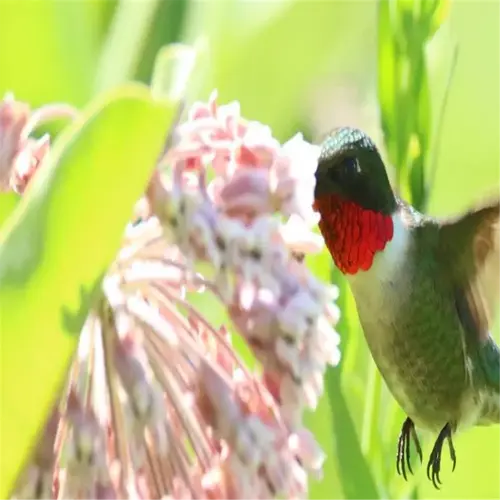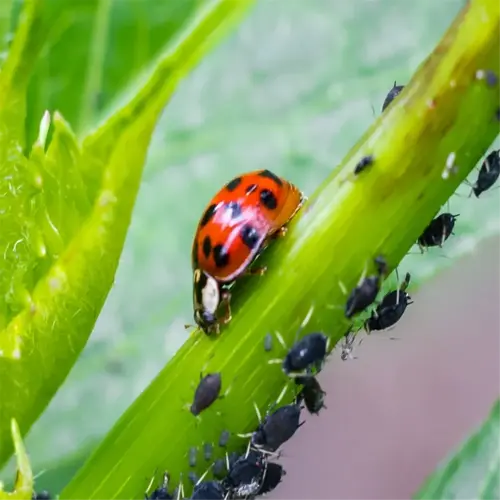How does neem oil combat common garden pests?

Written by
Paul Reynolds
Reviewed by
Prof. Charles Hartman, Ph.D.Neem oil fights off garden pests in two ways: it interferes with their biochemistry and suffocates them. The active ingredient in neem oil, azadirachtin, mimics insect hormones in order to disrupt the molting cycle. When I sprayed my broccoli plants, I could actually see the cabbage worm starve to death with its head and stomach empty mid-cycle. Simply put, in addition to its biochemical action, the oil coats soft-bodied pests like aphids and other insects, effectively suffocating them within a couple of hours.
Hormonal Disruption
- Azadirachtin binds to insect endocrine receptors
- Prevents larvae from reaching maturity
- Effective against 200+ pest species including beetles
Physical Action
- Oil film clogs spiracles (breathing pores)
- Suffocates aphids and whiteflies on contact
- Reduces egg adhesion to plant surfaces
Application timing matters--spraying just at dusk to protect beneficial insects (like ladybugs and other pests feeding actively) works for me. I had great results treating my zucchini plants that had squash bug infestations while using this schedule. Avoid spraying at midday; the sunlight breaks down the azadirachtin faster than shaded spray.
Systemic protection happens when neem drenched in the soil is absorbed through the roots. This method prevented the vine borer in my pumpkin patch last growing season. Systemic action lasts 10-14 days, disrupting multiple generations of targeted pests, unlike contact sprays.
Read the full article: 10 Versatile Neem Oil Uses for Home & Health

